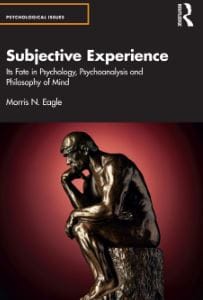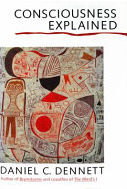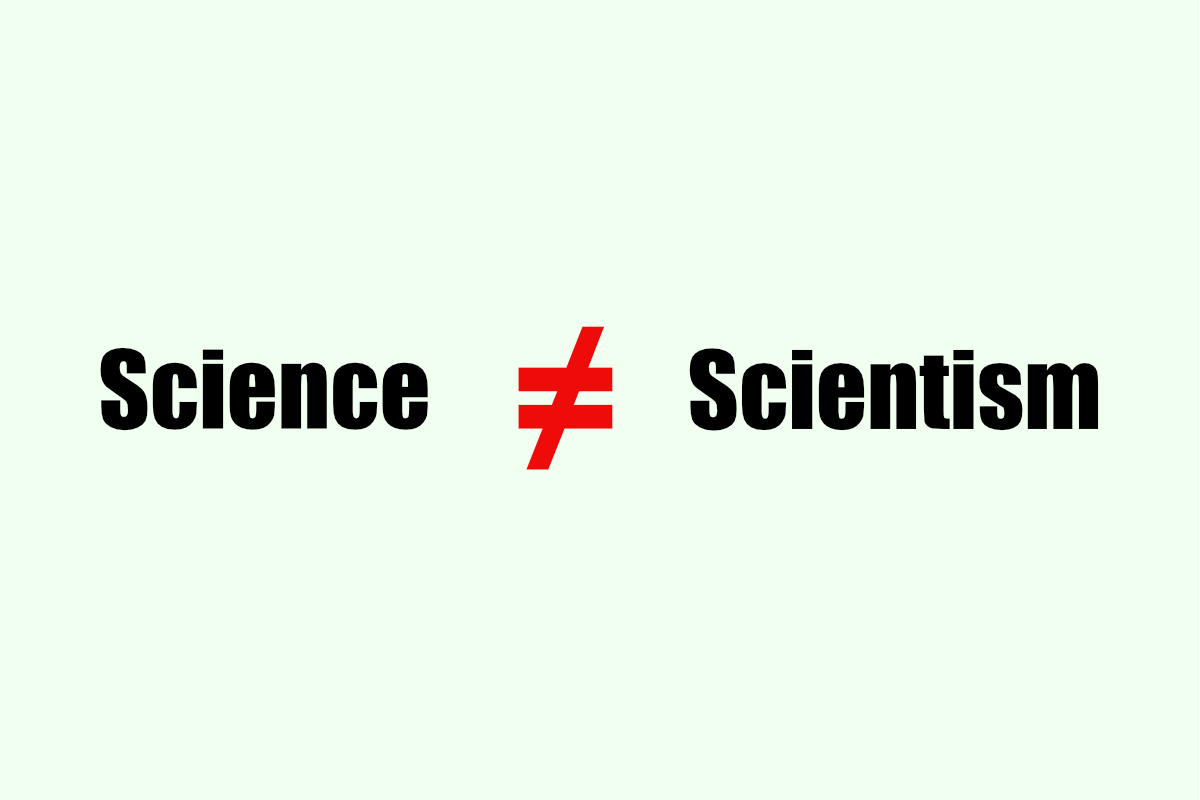Can We Truly Investigate Subjective Experience?

I have been reading Subjective Experience: Its Fate in Psychology, Psychoanalysis, and Philosophy of Mind, a book by psychologist Morris Eagle. In it, he highlights that in 1991, the late Daniel Dennett advocated a behaviorist stance, arguing that subjective experience is uninvestigable due to its private nature. Dennett writes: "The idea at its simplest was that since you can never ‘see directly’ into people’s minds, but have to take their word for it, any such facts as there are about mental events are not among the data of science" (Consciousness Explained pp. 70-71).
In recent years, technology has emerged that, though still in its early stages, has the potential to translate private thoughts into accessible data. This advancement holds significant promise, particularly for communicating with individuals whose conditions, such as locked-in syndrome, coma, PTSD, autism, Alzheimer's, aphasia, and ALS, make traditional communication challenging. While ethical considerations must be addressed, the technology could greatly benefit family members and healthcare professionals by providing new ways to interact with affected patients.
Before delving deeper, it’s crucial to clarify a distinction we uphold at Consciousness Uncovered between consciousness and the mind as we explore the subjective realm We differentiate functionally between consciousness and the mind:
- Consciousness: This refers to first-person subjective experience—the 'I' that exists, experiences, and feels. It functionally addresses the question of ‘who is.’
- The Mind: This encompasses our thoughts, dreams, feelings, etc. It functionally answers ‘what’ the 'who' is doing internally.
Eagle’s book details how researchers have been studying subjective experience since the 1950s, a tradition that continues today with little media attention. It offers a rigorous overview of this multidisciplinary work and what it could contribute to consciousness studies.
Final Thought: A central theme in my writings is the crucial need for a precise understanding of consciousness and the avoidance of mixing disparate concepts. Now, thirty years after Dennett highlighted the challenges of subjective experience, it’s imperative that we deepen our exploration—both philosophically and scientifically—before these insights slip beyond our grasp. This isn’t just academic; clearer comprehension could lead to practical solutions with widespread benefits. It’s time to bring this conversation into the public sphere.
Notes:
Eagle, M. N. (2024). Subjective Experience: Its Fate in Psychology, Psychoanalysis, and Philosophy of Mind. Routledge.

Dennett, D. C. (1991). Consciousness Explained. Back Bay Books.

A video showcasing how AI is being used to enhance efforts to “read” the mind:


